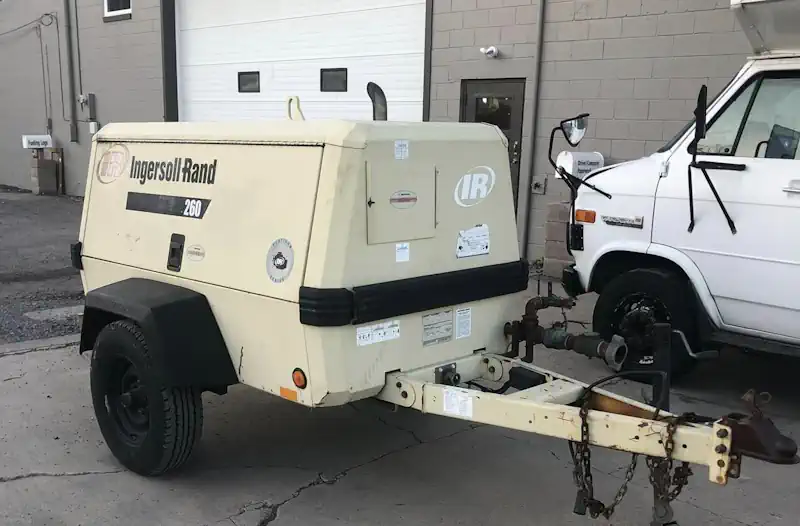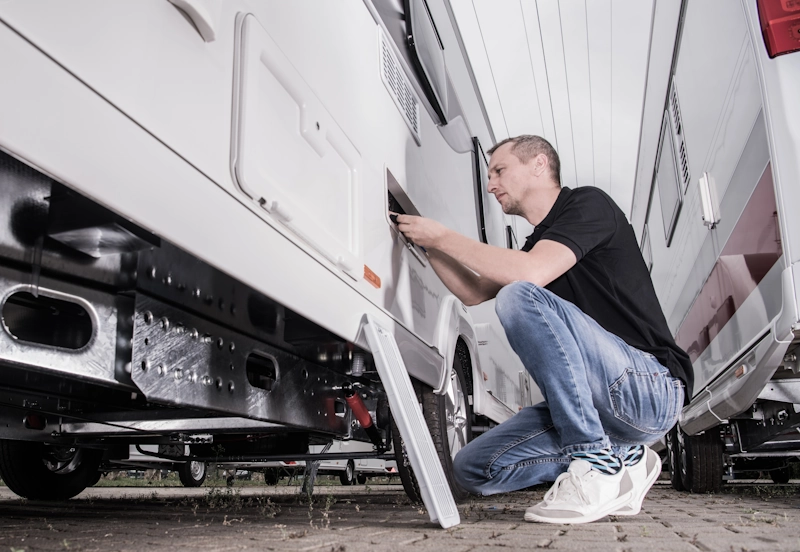25Oct
Propane School Buses: Maintenance Best Practices for Fall Starts
Start Cleaner, Start Strong: Fall PM for Propane School Buses
Propane school buses are a great fit for Central Pennsylvania: lower emissions around schools, quieter operation on neighborhood streets, and predictable fuel costs. Yet as temperatures drop, buses that sailed through spring can stumble—long crank times, stumble on tip-in, frost on the regulator, or heater complaints. The fix isn’t guesswork; it’s a focused preventive maintenance (PM) routine tuned for fall. At Immaculate Kinetics in Danville, PA, we help districts and contractors dial in propane fleets so dawn pull-outs are boring—in the best way.
1) Fuel System Health: Vaporization Starts with Coolant
Propane needs heat to vaporize. That heat comes from engine coolant routed through the vaporizer/regulator.
-
Coolant routing & bleed: Verify supply/return lines are correct, unrestricted, and properly bled after service. Air pockets starve the regulator of heat.
-
Thermostat & temp: Confirm the thermostat is correct for your engine. Low operating temp = weak cabin heat and poor vaporization at idle.
-
Regulator condition: Inspect for corrosion, diaphragm wear, and frost under steady idle. Replace per manufacturer interval; rebuild kits are cheap insurance.
-
LP filtration: Replace LP filters proactively each fall. Restricted filters masquerade as ignition problems when the real issue is fuel flow.
-
Leak & pressure tests: Perform a pressure-drop/leak test on LP plumbing and document the reading/date on the bus.
2) Ignition System: Spark Margin Matters on LP
Propane needs a stronger spark margin than gasoline. Cold mornings expose weak components.
-
Plugs, wires, coils: Install OE-spec plugs with correct heat range and gap; replace aged wires and marginal coils. Misfires on LP are often spark-related.
-
Coil drivers & grounds: Inspect connectors for corrosion and cracked insulation; clean engine block and chassis grounds to stabilize coil energy.
-
Air metering & trims: Clean the MAF, confirm no intake leaks, and scan fuel trims. A small vacuum leak can create a lean stumble that feels like a fuel issue.
-
ECM & codes: Pull pending codes—small misfires may not light the MIL yet. Address them before the morning chill amplifies the symptom.
3) Electrical & Starting: Cranking Speed is Everything
Slow cranking hurts vaporization and spark strength at the same time.
-
Battery load test: Record CCA and replace borderline units before the first frost. On multi-battery buses, replace in matched pairs.
-
Alternator under load: Test with heaters, blowers, and lights on; verify voltage and ripple are in spec.
-
Cables & grounds: High resistance steals cranking amps. Clean, tighten, and dielectric-grease critical connections.
4) HVAC, Defrost & Driver Comfort
A warm cabin is safety, not luxury. Fogged glass and shivering students are distractions.
-
Heater valves & blend doors: Verify full travel and even heat across zones.
-
Blowers & mirror heat: Replace weak motors; confirm mirror heaters work for foggy Central PA mornings.
-
Cabin filter (if equipped): A clean filter improves defrost performance and reduces blower strain.
5) Pre-Trip & Driver SOPs for Cold Starts
Training pays every day in fall.
-
Crank procedure: Cycle key to run, wait for lamp checks, crank with accessories off, and drive off gently after 30–60 seconds. Idling forever doesn’t speed warm-up.
-
Load management: Keep fans on low at start; add loads after voltage stabilizes.
-
Report early signs: Hesitation leaving the yard, frost on the regulator, or repeated long cranks should trigger a work order—don’t wait for a no-start.
6) Documentation & Intervals That Stick
-
Seasonal PM sheet: Separate LP-specific items (filter change, regulator inspection, coolant bleed) from gasoline/diesel tasks so they don’t get skipped.
-
DVIR integration: Make “cold-start quality” and “heater performance” explicit DVIR line items during September–November.
-
Stock list: Keep LP filters, regulators/rebuild kits, heater valves, and blower motors on the shelf to shorten cycle times.
7) Safety Essentials for LP Fleets
-
Odorant awareness & response: Train staff to recognize propane odor, secure the area, and contact maintenance immediately.
-
Tank & mounting: Inspect brackets, corrosion, valve protection, and certification dates.
-
Ventilation: Park in well-ventilated areas away from ignition sources; keep signage current.
Bottom line: When vaporization, spark, and cranking speed are right, propane buses start reliably—even on the chilliest Central PA mornings. If you want a fall PM package tailored to your routes and duty cycles, Immaculate Kinetics in Danville can help you implement it and document it for your records.
Related

Prepping your car for winter is crucial for safety and performance. Immaculate Kinetics in Danville,...
Read More >

A calm, methodical winterization now saves you from cracked fittings and dead batteries in March. Fo...
Read More >

Trailer-mounted generators require specialized care to maintain their performance and reliability. I...
Read More >

Things to know about spotting issues early and keeping your transmission in peak condition
Read More >

Choosing ASE certified technicians for diesel repair ensures that your vehicle is serviced by knowle...
Read More >

Winter can be harsh on your RV, especially if it’s not properly prepared for the colder months.
Read More >